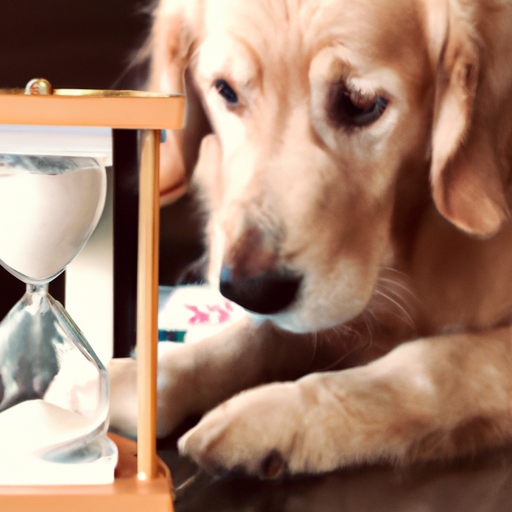As dog owners, we often marvel at our canine companions’ abilities. From their keen sense of smell to their innate ability to sense our emotions, dogs are truly remarkable creatures. But one thing that often puzzles us is their memory capacity. How long is a dog’s memory span? This article will delve into the fascinating world of canine cognition and explore the complexities of a dog’s memory.
Table of Contents
- Understanding Canine Memory
- Short-Term Memory in Dogs
- Long-Term Memory in Dogs
- Factors Influencing a Dog’s Memory
- Improving Your Dog’s Memory
- Frequently Asked Questions
Key Takeaways
- Dogs possess both short-term and long-term memory, though they function differently compared to humans.
- A dog’s memory can be influenced by several factors, including age, breed, and training.
- There are methods to improve your dog’s memory, such as mental stimulation and regular exercise.
Understanding Canine Memory
When we talk about canine memory, we’re referring to how dogs encode, store, and retrieve information. It’s important to understand that dogs don’t remember events in the same way humans do. While we rely on episodic memory, recalling events in a sequential manner, dogs rely more on associative memory, linking specific actions with outcomes.
For example, when you grab your dog’s leash, they get excited because they’ve linked the leash to going for a walk. This is a form of associative memory. When considering the memory span of your dog, it’s crucial to look at both their short-term and long-term memory capacities.
Short-Term Memory in Dogs
Short-term memory, also known as working memory, refers to the information your dog can remember for a few seconds to minutes. Studies suggest that a dog’s short-term memory lasts about two minutes. This is why your dog may forget about the treat you promised them if you don’t deliver it quickly enough!
Long-Term Memory in Dogs
On the other hand, dogs’ long-term memory is quite remarkable. This type of memory is responsible for learned behaviors and associations that stick with them for a long time. For instance, once a dog has been house-trained, they will remember this behavior for their entire life.
Research on dog cognition shows that dogs can remember complex tasks and commands for years, especially if the behavior is reinforced periodically. In fact, some dogs can remember their training even after years of not practicing it!
Factors Influencing a Dog’s Memory
There are several factors that can influence your dog’s memory span, including:
- Age: Puppies and older dogs may have shorter memory spans due to their developmental stage or cognitive decline, respectively.
- Breed: Some breeds are known for their intelligence and memory skills, such as Border Collies and Poodles.
- Training: Regular mental stimulation and consistent training can significantly improve a dog’s memory.
You can learn more about how these factors impact your dog’s memory on onetopdog.com.
Improving Your Dog’s Memory
Just as you can train a dog to sit or stay, you can also work on improving their memory. Here are some strategies to consider:
- Regular Training: Consistent training helps reinforce learned behaviors and create strong memory associations.
- Mental Stimulation: Puzzle toys and games can help keep your dog’s mind sharp. Check out some options here.
- Physical Exercise: Regular physical activity can also contribute to cognitive health in dogs.
- Healthy Diet: A balanced diet that includes brain-boosting nutrients can support cognitive function in dogs.
Frequently Asked Questions
Q: Do dogs have a memory of their previous owners?
A: Yes, many dogs can remember their previous owners, especially if there was a strong bond or the separation was recent.
Q: Can dogs remember traumatic events?
A: Dogs can associate negative emotions with certain triggers if they’ve had traumatic experiences. This is why it’s crucial to provide a safe and loving environment for your dog.
Q: How do dogs recognize their owners?
A: Dogs recognize their owners through a combination of scent, sight, and sound. They can remember and associate these sensory cues with their owners.
In conclusion, understanding your dog’s memory span can greatly enhance your bond and communication with them. By recognizing their unique way of remembering and learning, you can better cater to their needs and provide them with a fulfilling life. Feel free to explore more about this and other topics on onetopdog.com.



